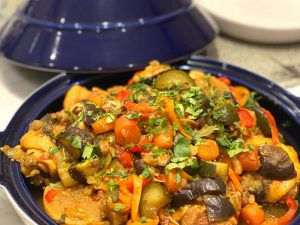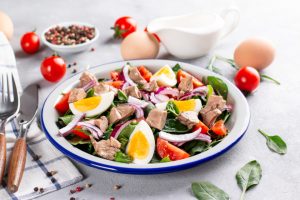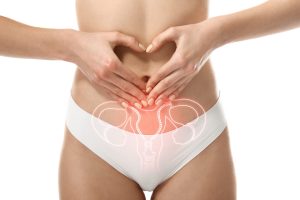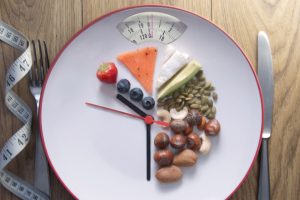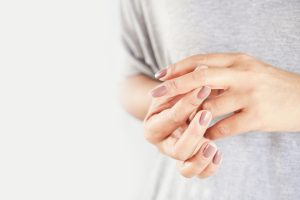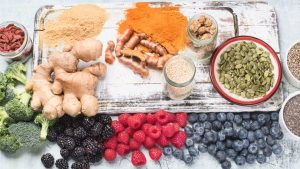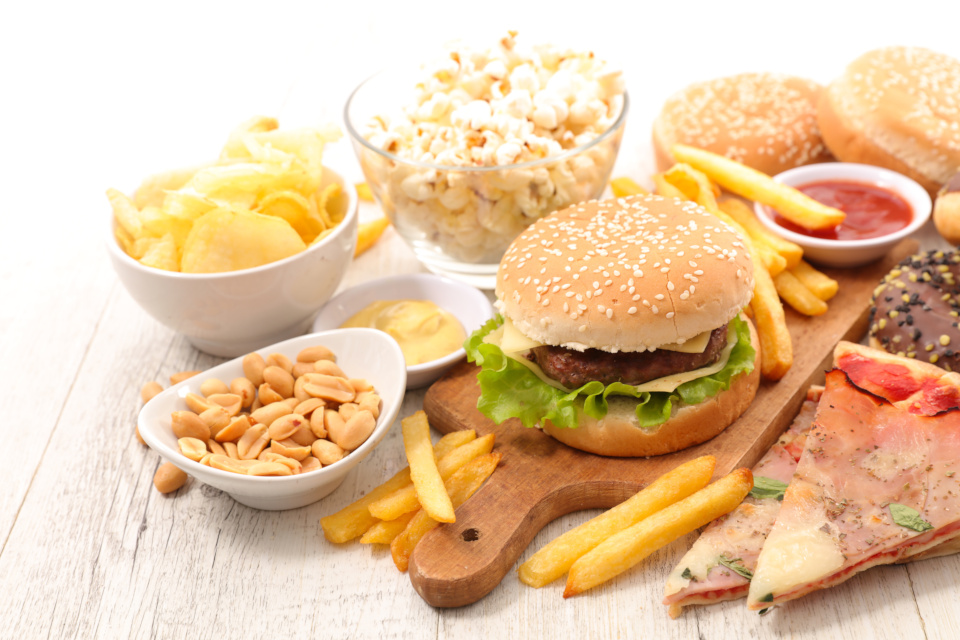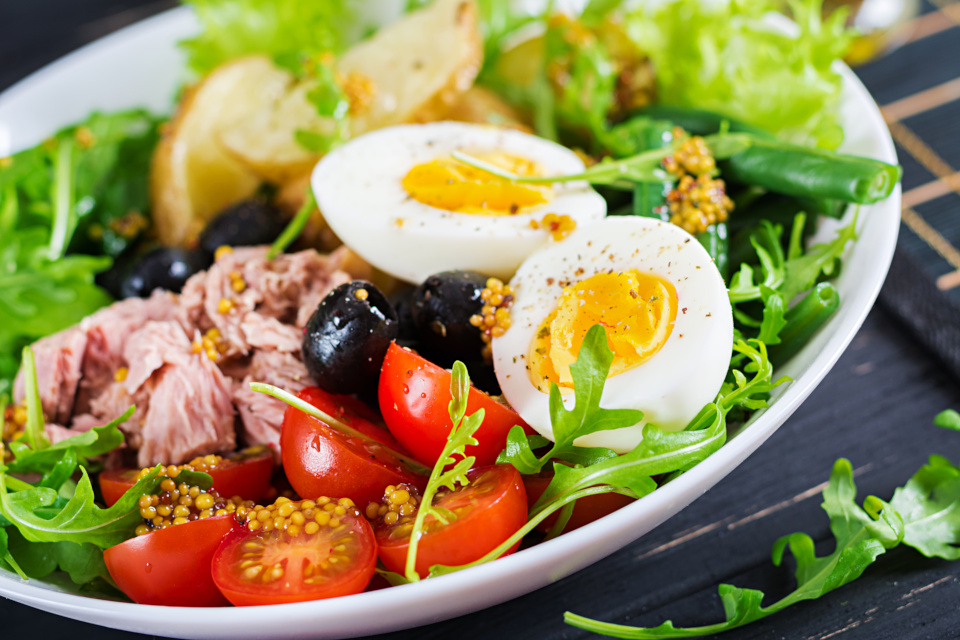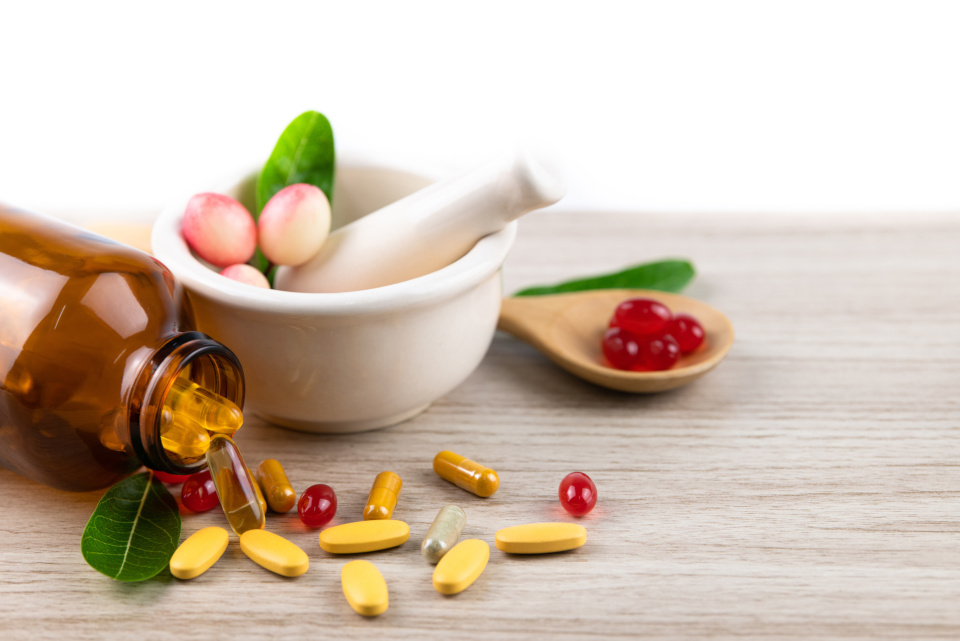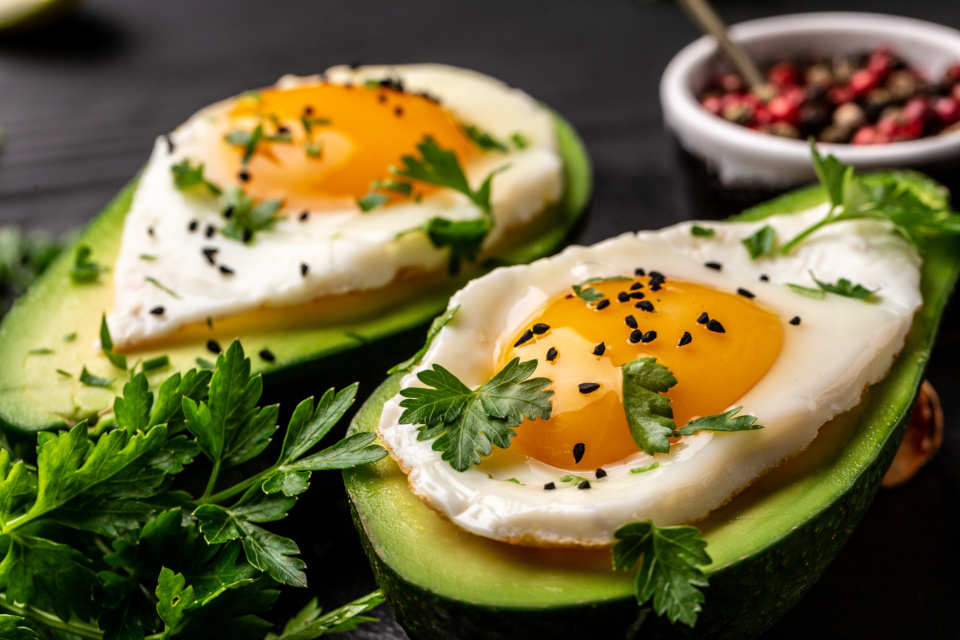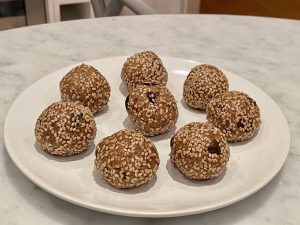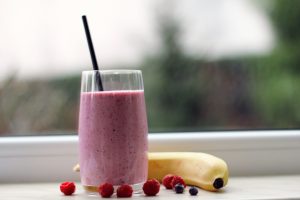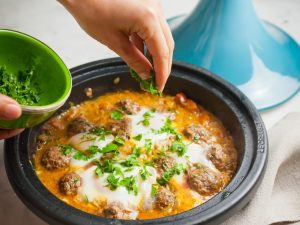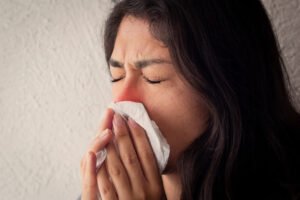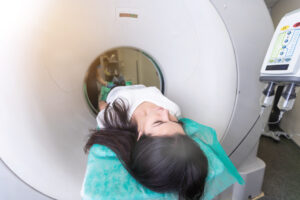How to Reduce Rheumatoid Arthritis Naturally
Hello Everyone! Did you know that we have never been alone? Since the second we were born, we inherited and acquired trillions of bugs all over and inside us, called microorganisms, which should be good for us. They support critical functions in our bodies, which has allowed us to evolve.
In return, they extract what they need to survive from us!
These trillions of microorganisms (and their genes) are collectively called our microbiome.
Our guts have around 4-5lb of these microorganisms, consisting of protozoa, viruses, fungi, and bacteria, which are paramount to our health.
For this post, I will tell you how gut health impacts arthritis and how you can influence its development, protection from, and symptom reduction.
Do share with anyone who suffers from joint inflammation, chronic inflammatory conditions, non-communicable disease, and autoimmune disease. It may just make their day and give them hope for the future because help to reduce joint pain and inflammation is here!
What Helps Reduce Rheumatoid Arthritis?
How Does Rheumatoid Arthritis Develop?
Why Gut Health is Important to Reduce Autoimmune Diseases
How Is a Leaky Gut Linked to Rheumatoid Arthritis?
What Helps Arthritis Go Away?
What’s a Good Home Remedy for Arthritis?
What Can Cause Rheumatoid Arthritis Flares?

What Helps Reduce Rheumatoid Arthritis?
So, this is where gut health assists with reducing inflammatory and autoimmune diseases.
Gastrointestinal microbiota has a powerful effect on physical and mental health. Depending on what microbes exist in your gut leads to pathogenic or beneficial effects on your overall health and inflammation.
Generally, microbial diversity is associated with good health.
Eliminating pathogens while maintaining self-tolerance to avoid autoimmunity is imperative for our body’s health.
Our gut microbiota not only regulates the immune system that resides in our gut but also has a powerful effect on systemic immune responses. 70% of gut-associated lymphoid tissue (GALT) resides in the gut.
Gut microbiota can regulate immune homeostasis or can cause immune dysregulation.
Gut dysbiosis (unbalanced gut microbiota), which can occur due to the factors mentioned below, causes autoimmune mechanisms linked to rheumatoid arthritis (and other autoimmune diseases).

How Does Rheumatoid Arthritis Develop?
Rheumatoid arthritis is a chronic inflammatory autoimmune disease affecting the joints, immune system, lungs, and heart. It is a multifactorial disease. You can be born with the genes of or acquire a weaker immune system. This is where the immune system mistakenly attacks and disables healthy tissues, cells, and organs.
Many factors can worsen the disease and increase the risk of developing rheumatoid arthritis, which is why some suffer more than others. These include our genes, hormones, gender, and age!
Factors include diet (high saturated fat, highly processed, additives, insufficient nutrition, calorie-controlled). What we don’t eat (good food, inflammation-reducing) significantly affects rheumatoid arthritis. There’s pollution and toxin exposure, like smoking.
Changes in the immune system and hormonal changes as we age are linked to the development of rheumatoid arthritis.

Lack of exercise or the wrong exercise can aggravate symptoms of rheumatoid arthritis. Stress, hygiene practices, medication, antibiotics, infections, vaccinations, lack of sleep, drinking the wrong types of drinks, generally not taking good care of ourselves, and not having good nutrition can cause rheumatoid arthritis flares.
All the factors that influence rheumatoid arthritis impact your gut microbiota. Some bacteria in your gut may grow depending on what you are exposed to and what you eat. Others may disappear or shrink, which influences the immune system in the gut and our adaptive immune system.
Read the post: How to Boost Your Immunity to Fight Viruses for more information about our innate and adaptive immune systems.

A good gut health diversity is important for good health and protection from disease.
Have you read What Foods Help You Ease Multiple Sclerosis?, How to Ease Chronic Fatigue/ME, & Why You Have Psoriasis?
How Is a Leaky Gut Linked to Rheumatoid Arthritis?
If the gut becomes unbalanced (dysbiosis), through any of the factors I mentioned, the inflammation that arises leads to chronic diseases and can compromise gut lining and cause ‘leaky gut syndrome.’
Leaky gut syndrome isn’t a medical term. It is known as ‘increased intestinal permeability.’
Inside our stomachs, we have an extensive intestinal lining. Like a tight net, this lining forms a barrier and filters what gets absorbed into the bloodstream. When it is damaged and malfunctioning, a barrier doesn’t exist, and it may have cracks and holes in it and become too permeable.
These holes allow larger, partially digested food, harmful bacteria, and other toxins to penetrate the tissues beneath it and escape into the systemic circulation. The immune system detects these as foreign bodies, causing an immune system reaction.
When the immune system is activated, it produces antibodies that travel in the bloodstream and create an inflammatory response, leading to joint swelling and arthritic pain.

Plus, when inflammation is present, microbiota changes, leading to various chronic conditions, including rheumatoid arthritis, digestive issues, depression, etc.
This is why many autoimmune diseases like ulcerative colitis and Crohn’s disease, which have increased intestinal permeability, also present joint pain symptoms.
What Helps Arthritis Go Away?
Pain and inflammation reduction are absolutely possible and can be kept at bay. Early diagnosis, prompt treatment, and an intervention lifestyle (which Eat Burn Sleep encapsulates) are essential to preventing severe joint damage, inflammation, and pain. If joint damage already exists, you can reduce the inflammation and pain.
I always advise running Eat Burn Sleep by your doctor, who may combine this anti-inflammatory lifestyle with medication. They can then monitor your progress before reducing medication. They have your medical history records and will know what is the best route for you. I am a firm believer in combining holistic and allopathic medicine.

Reduce as many factors that exacerbate rheumatoid arthritis as possible by embracing an anti-inflammatory lifestyle focusing on gut health, giving you all the necessary knowledge.
Gut barrier integrity is restored, fixing leaky gut syndrome.
Rebuilding the gut lining will promote positive changes in the microbiota. Promoting good gut bacteria aids healing and reduces inflammation.
Thankfully, gut microbiota can be manipulated into a healthy environment that aids overall health, including mental and physical health. A healthy gut allows for maximum nutrition absorption. So when nutritious needs are met, with prebiotics, omega-3 oils, vitamin D, minerals, and folic acid – for rheumatoid arthritis, they are utilized efficiently and absorbed, maximizing their benefits.

I do webinars for NHS patients who have rheumatoid arthritis and other autoimmune diseases, and numerous people have embarked on this lifestyle with outstanding results after struggling with the condition for years. It’s lovely to hear what people say when they have tried everything.
Many members with rheumatoid arthritis and joint pain say that they no longer struggle with morning stiffness or flares throughout the day and have lost weight, gained energy, and a zest for life again.
There’s an article on Prevent Knee Osteoarthritis Progression if you are interested. There’s also a Personalized Advice for Osteoarthritis.
Putting rheumatoid arthritis into remission is possible.
Check the testimonials and how Eat Burn Sleep clears up the many symptoms of rheumatoid arthritis.
All the tools you need to put your rheumatoid arthritis into remission are here.
What’s a Good Home Remedy for Arthritis?
If you haven’t tried the turmeric shot recipe yet, click here. It is affordable and natural, and it will help you.
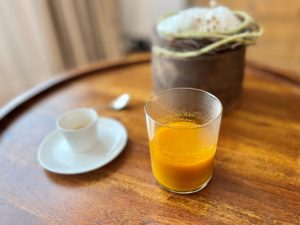
Turmeric contains potent volatile oils with properties that reduce inflammation. They have a medicinal effect that relieves conditions like rheumatoid arthritis and protects the body from chronic diseases.
Of course, everything Eat Burn Sleep is a good home remedy for reducing inflammation.
Everything I do to keep my autoimmune diseases at bay, I share with you.
My continual anti-inflammatory research, recipes, tips, hacks, thoughts, meditations, movements, neuroplasticity exercises, and so on are all accessible from home.

Many exercises could aggravate arthritis, as could not enough proper exercise. Inflammation-reducing activities are performed regularly to maintain joint mobility for rheumatoid arthritis.
The proper movement for rheumatoid arthritis, done regularly, includes ones that do not cause joint trauma and strengthen the muscles around them, for instance. Of course, exercises get easier when the inflammation is under control, and you will know your limitations.
What Can Cause Rheumatoid Arthritis Flares?
Creating symbiosis, rather than dysbiosis, in your gut is paramount to good health.
Gut bacteria are essential for gut and systemic immune system homeostasis.
We are all unique. Some triggers you know about or may not know about can exacerbate your rheumatoid arthritis condition.
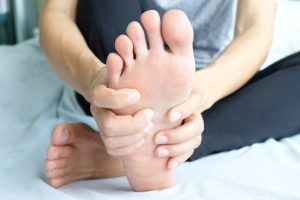
That is why following the specialized advice for your symptoms and the traffic light system we have on Eat Burn Sleep helps tremendously with symptom and inflammation reduction at a systemic level.
Many ingredients or compounds in what you may be eating can cause inflammation, even in new ‘healthy alternative’ foods, like almond milk. The food industry has a lot to answer for!
If you missed my Lives on Instagram or podcasts with Dr. Dawn Sherling discussing additives, their effects on the microbiome, and inflammation, make sure to catch up on them.
Those ‘healthy’ packaged foods you eat that you paid a lot of money for could trigger your rheumatic flares!
If you don’t understand what is on the label, use that as a rule of thumb!
Explore the platform to further educate yourself on gut health, autoimmune disease, and chronic inflammation.
If you haven’t joined, I urge you to take charge of your health today.
Your mind and body need inflammation kept at bay. Whether you have a known condition or not. Inflammation can be silent.
We cannot change our genes, but we can alter gene expression.
With or without a hereditary disease, we can inflame our bodies with our food, minds, and whole lifestyles.
Having more autonomy over your health starts here!
I hope that you have a fantastic day.

















